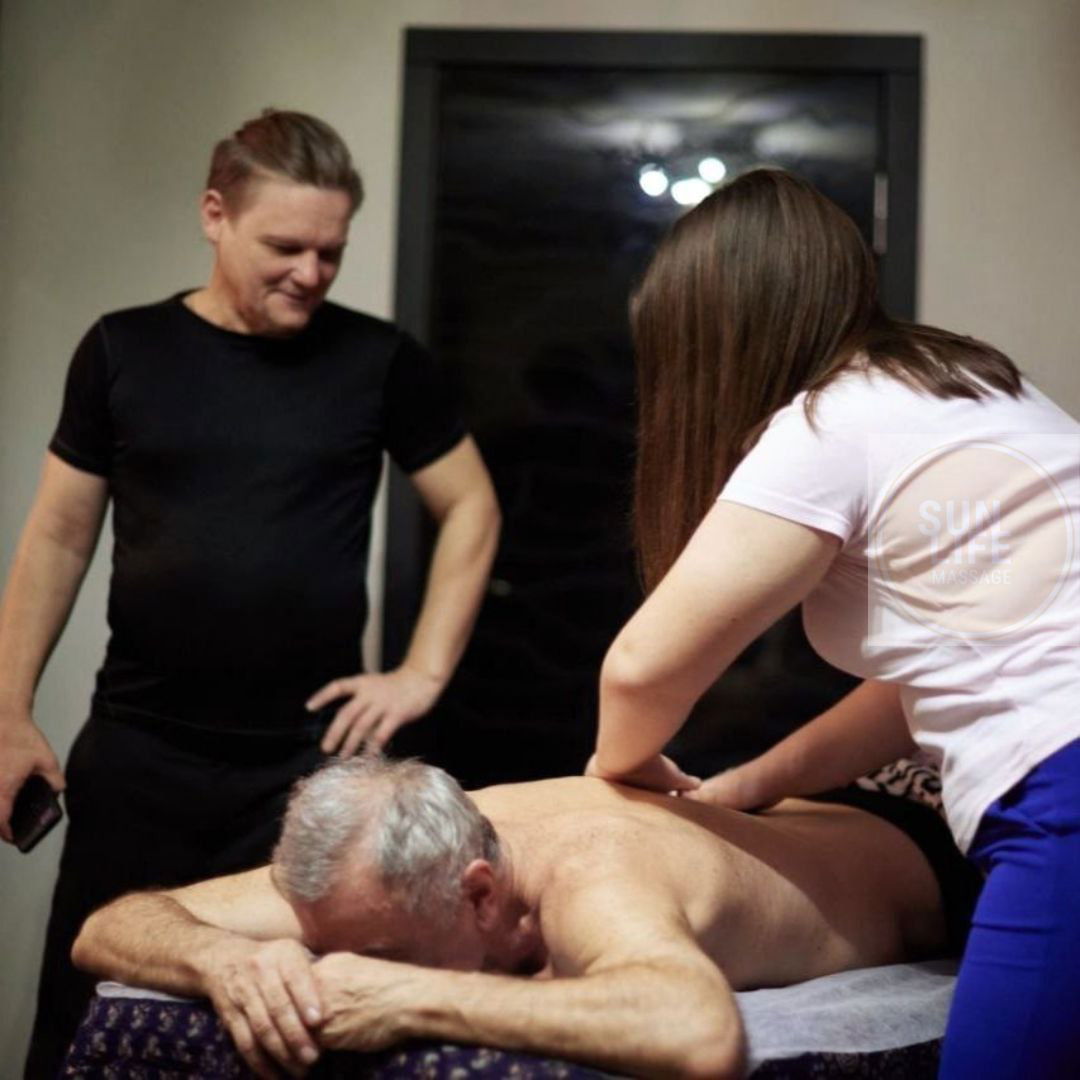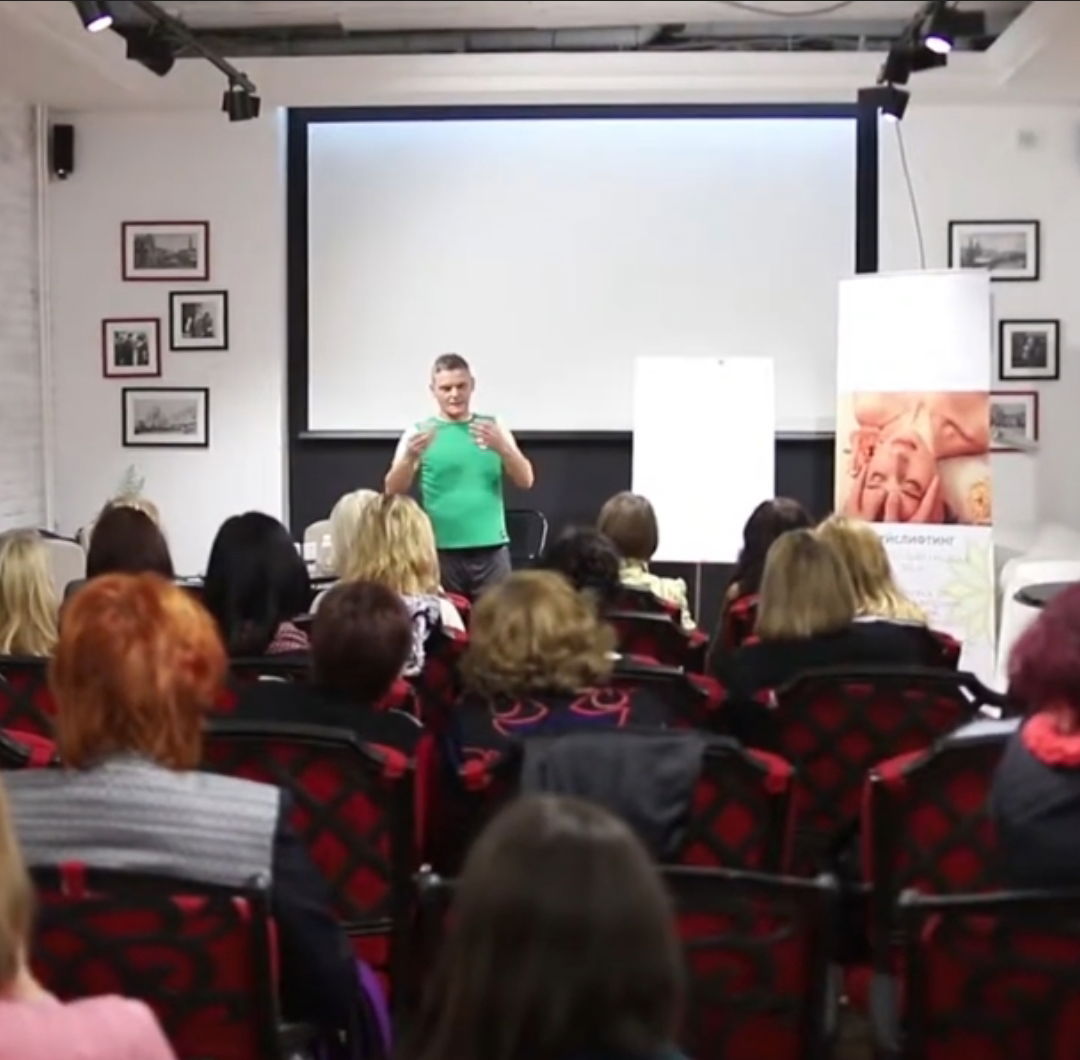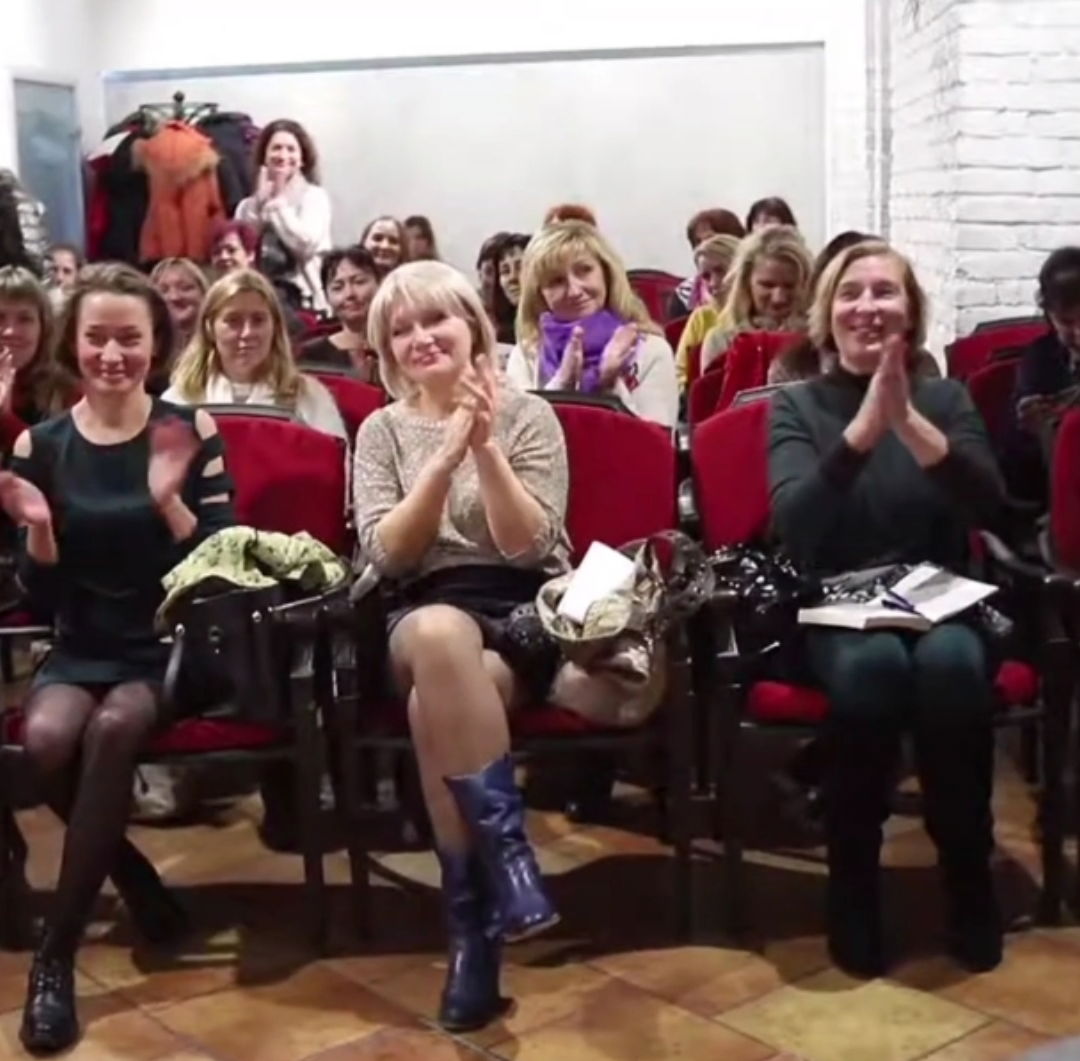Your donations, healthy lifestyle, massage, and practical rhetoric: Your path to health and success

Greetings, friends!
My name is Alexander Purpurov. I am an internationally renowned massage therapist with 28 years of professional experience
I am the author of the registered full massage protocol method Sunlife-Massage and the developer of the universal all-weather suit Kovhceg-M42. I am also the founder of the SUNLIFE-MASSAGE® and KOVCHEG-M-XXXXII® brands
Today, I am co-authoring the social project "BALANCE," aimed at creating a specialized rehabilitation center for veterans, based on the unique Sunlife-Massage method. The "BALANCE" project seamlessly integrates with the implementation of the Sunlife-Massage method and other related projects
Your donations do not just support my creativity. You become an active participant in the project as a member of the supervisory and advisory board. With the successful implementation of the project, you will have the prospect of taking a director's position on the board of directors of the joint-stock company we will create at the commercialization stage
By becoming a donor to our project, you will support the idea of presenting massage as a form of high art, not just a medical service
Moreover, you will assist veterans of the "Children of War" organization. All funds received from you will be directed towards the formation of the project and the implementation of specific tasks
Join us and contribute to the development of healthcare and rehabilitation at a new level!
Sincerely,
Alexander Purpurov


THE ROLE OF PATRONS IN THE HISTORY OF THE ARTS
The contribution of patrons to the development of world culture cannot be overstated
Patron support not only allowed artists and musicians to focus on their creativity but also played a key role in the creation and preservation of great works of art and music that have shaped the cultural heritage of humanity
Leonardo da Vinci, one of the greatest artists and scientists of the Renaissance, received support from influential patrons such as Lorenzo de Medici and Ludovico Sforza. Without their financial help and patronage, many of his masterpieces might never have seen the light of day
Wolfgang Amadeus Mozart, one of the most famous composers in the history of music, also relied on patrons. Emperor Joseph II and other aristocrats provided him with financial assistance, enabling Mozart to create his immortal works
Ludwig van Beethoven, despite his deafness and other life challenges, was able to continue his musical career thanks to the support of Prince Lichnowsky and other aristocrats. Their help allowed Beethoven to focus on composing music that still captivates listeners today
Michelangelo Buonarroti was closely connected with the Medici family, who provided him with significant support. This enabled him to create majestic sculptures and frescoes, including the famous Sistine Chapel ceiling
Edgar Degas was able to realize his talent thanks to the financial support of his friend and patron, art collector Durand-Ruel. With this support, Degas created his unique works, which are considered masterpieces today
Edgar Allan Poe, one of the founders of the detective genre, also had a patron. George W. Graham provided him with financial support, allowing Poe to focus on his literary work
Edvard Munch, famous for his expressionist paintings, received support from patron and collector Olaf Schou
This enabled Munch to continue his pioneering experiments in painting
Vincent van Gogh, one of the most famous post-impressionists, received significant support from his brother Theo van Gogh, who was an art dealer. Theo not only financially supported Vincent but also helped promote his works in the art market
Eugène Delacroix also had the support of patrons such as the Duke of Orleans, which allowed him to create his vivid and emotional works
Pablo Picasso, one of the most influential artists of the 20th century, received support from art dealer Daniel-Henry Kahnweiler. Kahnweiler not only provided Picasso with financial stability but also organized exhibitions, contributing to the recognition of his talent
These examples show how important the role of patrons was in the lives of artists and composers. Their support allowed many of them to focus on their creativity and create works that have become the cultural heritage of humanity
The tradition of patronage continues today, contributing to the development of culture and the arts worldwide

THE MISSING LINK IN THE SYSTEM OF HIGH ARTS: THE ART OF MASSAGE
In the world of high arts, special attention is usually given to forms of creativity such as painting, music, literature, and theater. However, an important link is often overlooked in this system, one that also deserves recognition and attention—the art of massage
Aesthetic Value of Massage
We all know that massage promotes relaxation and well-being, but its aesthetic value is often underestimated. A properly performed massage can be a true work of art, where the practitioner uses their hands to create harmony and beauty in the client's body
Creative Self-Expression
Professional massage therapists undergo serious training and develop unique methods and techniques for working with the body
They can use their creative potential to find an individual approach for each client and create unique massage sessions tailored to their needs
Cultural and Historical Significance
Massage has deep historical roots in various cultures around the world. It has played an important role not only in physical health but also in the spiritual and emotional well-being of people. In some cultures, massage is considered an art passed down through generations and is part of the cultural heritage
Education and Training
Professional massage therapists undergo training and receive certification that confirms their qualifications. Training in massage includes the study of anatomy, physiology, massage techniques, and ethical standards, which requires serious education and practice
Critical Evaluation and Recognition
Although massage is not always considered an art in the traditional sense, it deserves recognition for its important role in improving people's physical and emotional health
Today, more and more people are beginning to appreciate massage not only as a means of relaxation but also as an art form that can bring harmony and beauty into their lives
Thus, massage can be considered the missing link in the system of high arts. It combines aesthetic value, creative self-expression, cultural and historical significance, and requires education and training
Massage therapists, using their talent and skill, create works of art that can bring harmony and well-being into people's lives, making it worthy of recognition in the world of high arts

